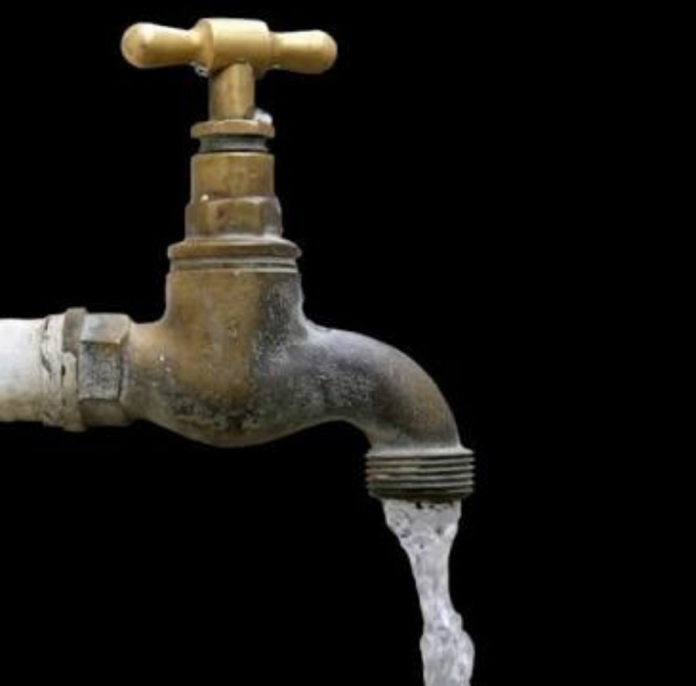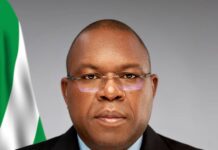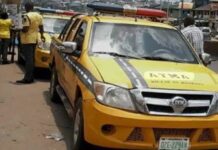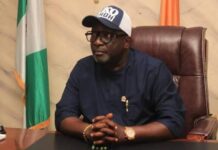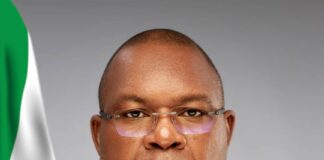By M. Peter – Jos
Stakeholders in the water sector in Plateau state have brainstormed on ways to include women and Persons With Disabilities (PWDs) into the Water Sanitation and Hygiene, WASH sector.
The stakeholders are seeking consideration for women and PWDs
in the formulation of water policies as well as provision of water.
Plateau: ‘Give traditional rulers free hand and see insecurity end’
At a meeting on Tuesday, organized by Society for Water and Sanitation in Nigeria, NEWSAN a non-governmental organisation, the stakeholders noted that “women suffer disproportionally from unsafe WASH access.”
The meeting had participants from water related Ministries, Departments and Agencies as well as from Civil Society Organisation (CSOs), the media and communities.
The project manager of NEWSAN, Jephtha Daleng, said the meeting tagged: “Gender Audit Validation Workshop” is aimed at addressing the gender gap existing in the WASH sector in Plateau state and aimed at validating the reports of an audit survey conducted in the state.
READ ALSO : Upright for Nigeria campaign: Akwa Ibom communities form village-based anti-corruption committees
“This meeting is part of ongoing EU-TAC funded project on water sanitation and hygiene in Plateau. Between October and December 2019, we conducted a survey on gender mainstreaming in the water sanitation and hygiene sector of the state.”
“The survey, conducted by Fahariya Adolescent Development Network (FAANET) was done in key Ministries, Departments and Agencies (MDAs) in the state and some communities in the two focal local government areas we are working on.”
“So, the key expectation of this meeting is to present the outcome of the survey to key stakeholders, enable them make inputs and also develop an action plan that will mainstream gender issues in policy formulation.”
ITF opens library with e – learning facilities in Jos
Also speaking, Zarah Dakum of FAANET, said her organisation used the Key Informant Interview (KII), Focus Group Discussion, and questionnaire in conducting the survey in 10 MDAs in the state, and four communities each in Riyom and Shendam local government areas of the state.
Evelyn Datauk, who is the Director of Administration in State Ministry for Water Resources and Energy, said the workshop was timely and assured that the Ministry would support all initiatives that would enable access to potable water by all genders of the society.



